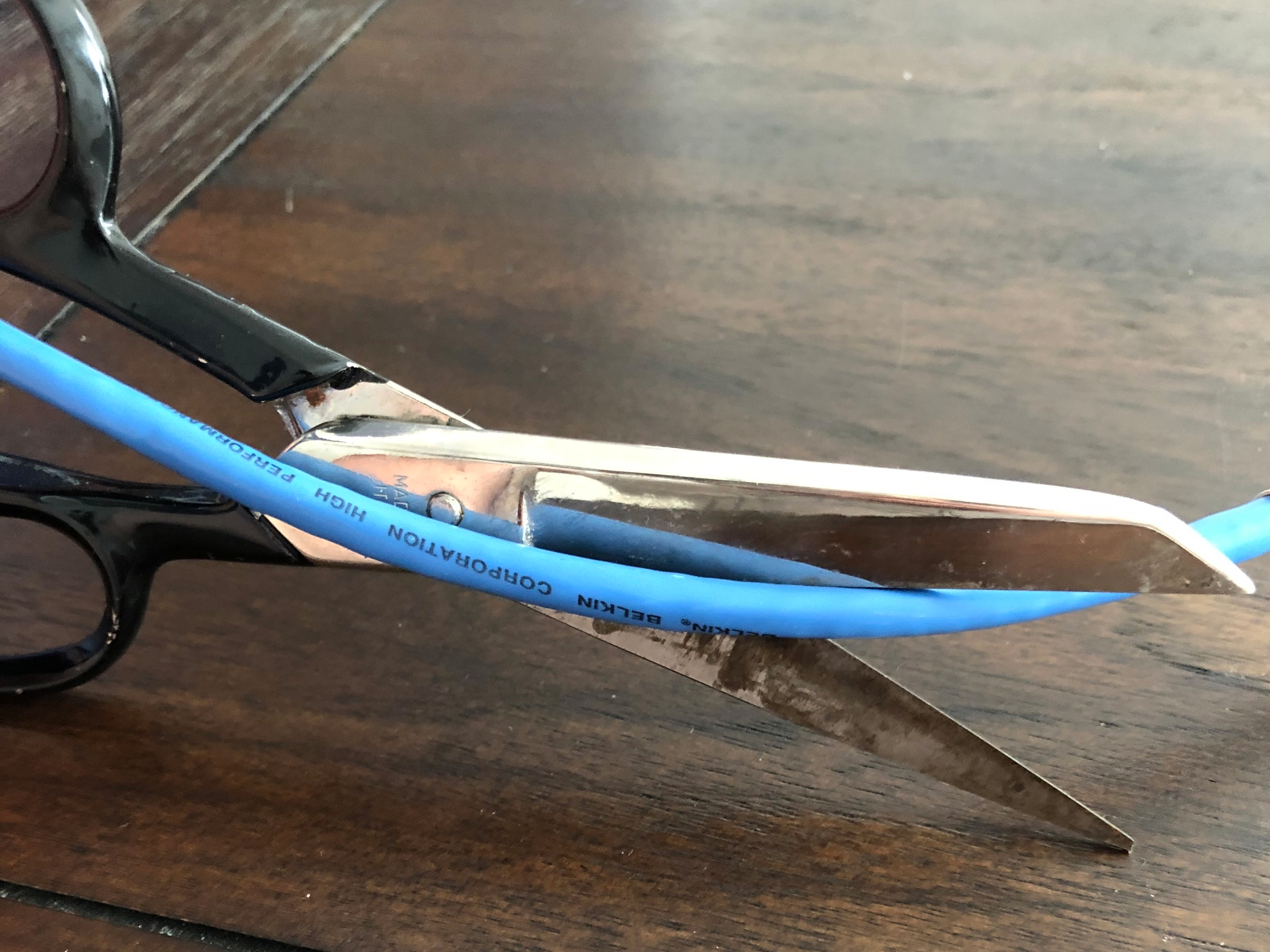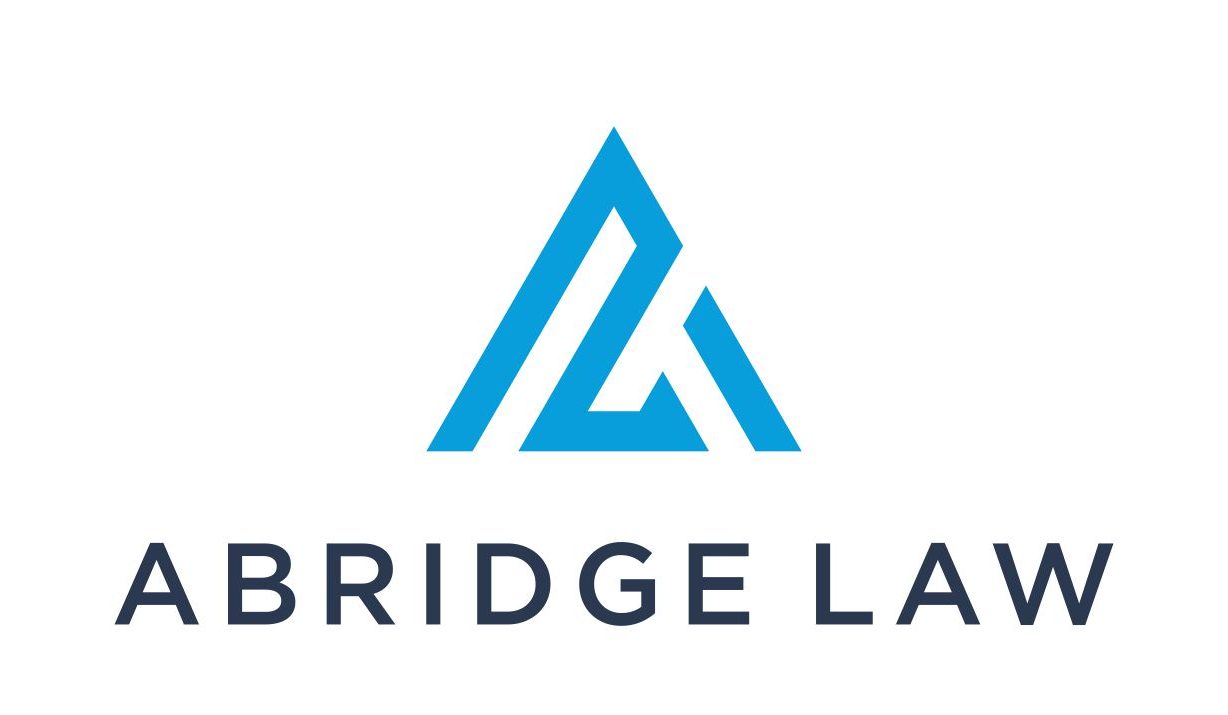For the past several years, statistics have been showing that increasing numbers of cable subscribers are “cutting the cord” on their cable TV packages and opting for cheaper online streaming services that offer limited but more curated content to specific viewing audiences. We all know them and perhaps subscribe to a few of them ourselves – YouTube TV, Netflix, Amazon Prime TV, Hulu, Disney+, etc.
Why is this migration away from cable TV subscriptions happening? Simply put, there is a complete disconnect between the cable company’s outdated business model and the consuming preferences of their subscribers. The cable company business model is premised on being the gateway for *all* media content – network news, local broadcast stations, sports, movies, culture, reality TV, children’s shows, international content, premium channels, etc. The cost of acquiring and managing all of the content is huge and gets passed along to customers in the form of monthly bills averaging about $200 per month. However, it is estimated that cable subscribers only view about 15% of the channels available through their cable subscription. In other words, cable subscribers are paying for more than what they really want and the result is that they are willing to limit their viewing options by selecting more budget-friendly streaming services instead.

This disconnect between the cable company’s business model and subscribers’ viewing preferences has been going on for decades, even noted in the title of one of Bruce Springsteen’s songs, 57 Channels (And Nothin’ On), released in 1992! With streaming technology becoming cheaper and faster, new online competitors have come onto the scene to offer more limited content for far less money than traditional cable companies which has made it easier for cable subscribers to cut the cord.
Four years ago when our household cut the cord on our cable TV subscription, we were delighted to have a service that gave us just 40 channels – all of the ones that we most watched – for $50/month. No one in the household suffered. Sports fans were able to watch sports. Network sitcom lovers were able to watch their favorite sitcoms. Since then, we have added a few more streaming services – Netflix a few years ago and Disney+ earlier this year (we have some Star Wars junkies in our house) – and we still are paying less than what we were paying for cable and have all of the access to the content that we want. We do not regret our decision at all. And should someone in our household develop a new interest in independent films or other content that we don’t currently have, we will evaluate the costs and benefits of adding a new service – perhaps at the expense of unsubscribing to an existing service – when that day comes. Until then, we can happily live without the IFC channel.
Big law firms are a lot like cable companies. If you look at the websites of most big law firms (and by “big” I’m talking about firms with 30 or more attorneys), you will see them promoting themselves as a “full service” law firm. This means that whether you have a business issue, estate planning problems, real estate matter, family law or litigation case, the firm has the talent and tools to assist you with your issues. Similar to cable companies, the acquisition of such diverse talent and the infrastructure needed to handle such a variety of work requires a great deal of resources and expense which gets passed along to clients in the form of really large hourly billing rates. As with cable subscribers who view just a small portion of the channels available to them, most law firm clients rarely have need of *all* of the services that a big law firm offers and certainly never all at the same time. After all, a restaurant owner is likely never going to need an attorney specializing in energy law. Yet clients find themselves stuck with a model that requires them to support the cost of more services than they actually need or want.
Currently, the options for legal services other than through big law firms are not great. Online services like LegalZoom and RocketLawyer offer legal documents but not legal advice. Many smaller firms structure themselves like big law firms, sometimes with lower billing rates that are still not entirely affordable. A small but growing number of firms, including Abridge Law, are beginning to offer subscription plans, flat fees and other service delivery models in specialized areas of practice. They are the YouTube TVs and Hulus of the legal industry trying to disrupt an industry that resists changes to an outdated business model. The ultimate success of these disruptors will rest – as it usually does – on large numbers of consumers willing to make a change and demand more customizable and efficient service delivery models for their legal needs.
Are you ready to cut the cord and find a better service to fit your actual legal needs?

